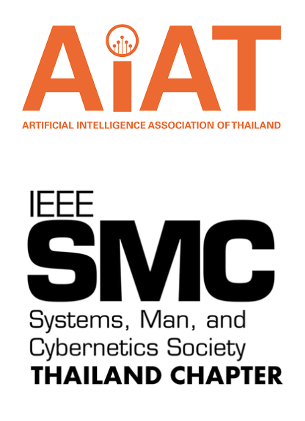IMS-LMS: A Learning Management System Integrated with Idea-Marathon System Activities
DOI:
https://doi.org/10.14456/jiist.2022.4Keywords:
The Idea-Marathon System (IMS), Creativity, Education for Freshmen, Motivation, Web-based LMSAbstract
The Idea-Marathon System (IMS) is a creativity training method by thinking and writing about thoughts and ideas every day. Even though the basic activity of IMS is simple, but it is difficult for students to get into the habit. To relief the difficulty, we have developed IMS-LMS, an LMS that incorporates IMS activity. Since LMS is used on a daily basis, it has a high affinity with the IMS activity. By applying IMS-LMS to lecture courses for freshmen, we were able to confirm that there was a weak positive correlation between LMS access, cumulative ideas, and student scores. The content of the lecture had little to do with idea generation and creative thinking, but 50% of students succeeded in developing the habit of continuing the idea marathon.
References
W. B. Carlson and T. Higuchi, "Idea Notebooks For Engineering Students," in 1999 Annual Conference. Charlotte, North Carolina: ASEE Conferences, Jun. 1999, https://peer.asee.org/7712 .
M. Miura, "Sweetie: Lightweight Web Authoring Environment," in Proceedings of 20th International Conference on Knowledge-Based and Intelligent Information & Engineering Systems, 2016, pp. 887–895.
——, "Effect of Auto-complete Function on Processing Web IDE for Novice Programmers," in 13th International Conference on Knowledge, Information and Creativity Support Systems, 2018, pp. 166–171.
T. Higuchi, S. Saegusa, and D. Kim, Using the Idea-Marathon System(IMS) in University Education and Creativity Development. Singapore: Springer Singapore, 2020, pp. 1–28.[Online]. Available: https://doi.org/10.1007/978-981-13-3021-6_52-1
C. Kangvaravoot and P. Wannapiroon, "Development of Creative Economy Thinking with Idea Marathon System via Cloud Computing Technology," International Journal of e-Education, e-Business, e-Management and e-Learning, vol. 3, no. 3, pp. 267–270, 2013.




